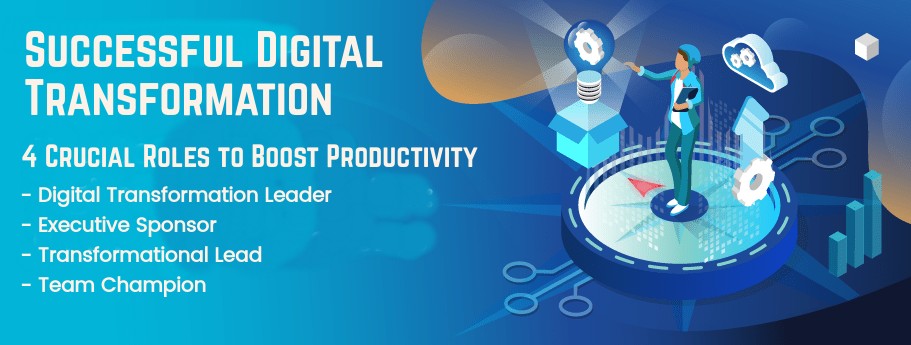The digital transformation market is poised to reach $3.2 trillion by 2025. As inevitable as it is disruptive, digital transformation has` been key to organisation-wide remodelling for holistic growth. Much of this has to do with businesses implementing strategic transformation initiatives for faster market penetration in response to the pandemic. However, today, the arena is more evolved. Digitisation or digitalisation is no longer enough for a successful transformation.
A notable digital pioneer in India who believes in this force is Sanjiv Bajaj, Chairman and Managing Director of Bajaj Finserv. “Large brands can monopolise the entire sales distribution network. But the digital world is dramatically changing this equation. You can be an Airbnb without owning a single hotel room. You can be an Ola without owning a single car. You no longer need to play by the traditional rules of the last 200 years,” remarks one of the best financial leaders as he embraces continuous transformation to better serve the need of the hour.
While rebuilding an organisation is challenging in itself, the cliché that successful transformation is more about people than technology holds true. Some of the most admired transformational leaders like Azim Premji, Ratan Tata, and others emphasise authenticity and encourage innovation to build a positive work environment.
These leaders understood that the right set of people is the underpinnings of successful transformation in any organisation. To better understand this ideology, take a look at some of the key roles that inject critical value into an organisation’s digital transformation journey.
The Digital Transformation Leader: An integral cog in developing the right culture
True transformation is the result of a complete realignment. At this juncture, implementing the right organisational culture with strong core values at its foundation is paramount in developing the necessary agility and responsiveness. Implementing and leading a strategic change like this requires transformational leaders with a strong and focused vision.
Without comprehensive leadership, the workforce won’t feel engaged or inspired to take on new responsibilities or alter existing ones. The leader who implements the change should be accountable for organisational transformation too. In a nutshell, the accountable individual is answerable for not only the actions but also the results. This is where ownership of change management fits in.
This entails defining the digital transformation journey, communicating it across the enterprise, commencing it and enabling collaboration, evaluating it, and improving it at every stage. As is obvious, there is no one-size-fits-all approach. Many transformational leaders have combined their business skills with emotional intelligence to build trust and empower digital transformation.
The Executive Sponsor: Aligns, streamlines, and optimises for success
Overseeing the life cycle of digital transformation and representing its goals and outcomes to employees as well as investors and customers is the executive sponsor. It is crucial for this individual to align with the transformational leader, create the overall plan for the change, and oversee the challenges that may hamper the path.
An executive sponsor dons the hat of a decision maker, a storyteller, an enabler, and a guide who assists the digital transformation journey, provides necessary resources, sets expectations, and has influence over all departments.
The Transformational Lead: Driving innovation through autonomy
Combining idealism with practicality, a transformational leader has a critical role to play. It is their responsibility to remove barriers to transformation by devising new approaches and processes to usher in a tech-positive integration. Challenging traditional or conventional points of view, the transformational lead promotes resilience and encourages innovation across the organisation during the implementation of digital transformation.
By relentlessly pursuing the goals that have been set by the executive sponsor, this leader helps make the transformation meaningful to all the divisions within the company and strategically targets groups to action it in their own way and pace.
The Team Champion: An enabler across the board and all ranks of operation
Change can never be managed from the top down, and the team champion is essential in making sure employees are heard and that their feedback reaches the executive sponsor and the transformational leader. A survey by McKinsey reveals that companies with higher employee involvement succeeded in their digital transformation, fuelling higher returns to shareholders. Moreover, companies that encouraged employees to ideate on where digitization could support their work were 1.4X more likely to transform successfully.
This is only possible when a team champion engages the workforce in this journey and encourages them to take ownership. A champion in every department helps employees develop the necessary skills, resolves conflicts, and sustainably supports every action to execute the transformation.
These roles are critical in unlocking success during digital transformation, as all successful transitions need a structured hierarchy to lead the way. Transformational leaders understand this need and optimise for it. Sometimes, it may just be as simple as picking the right leaders!
Go to homepage




